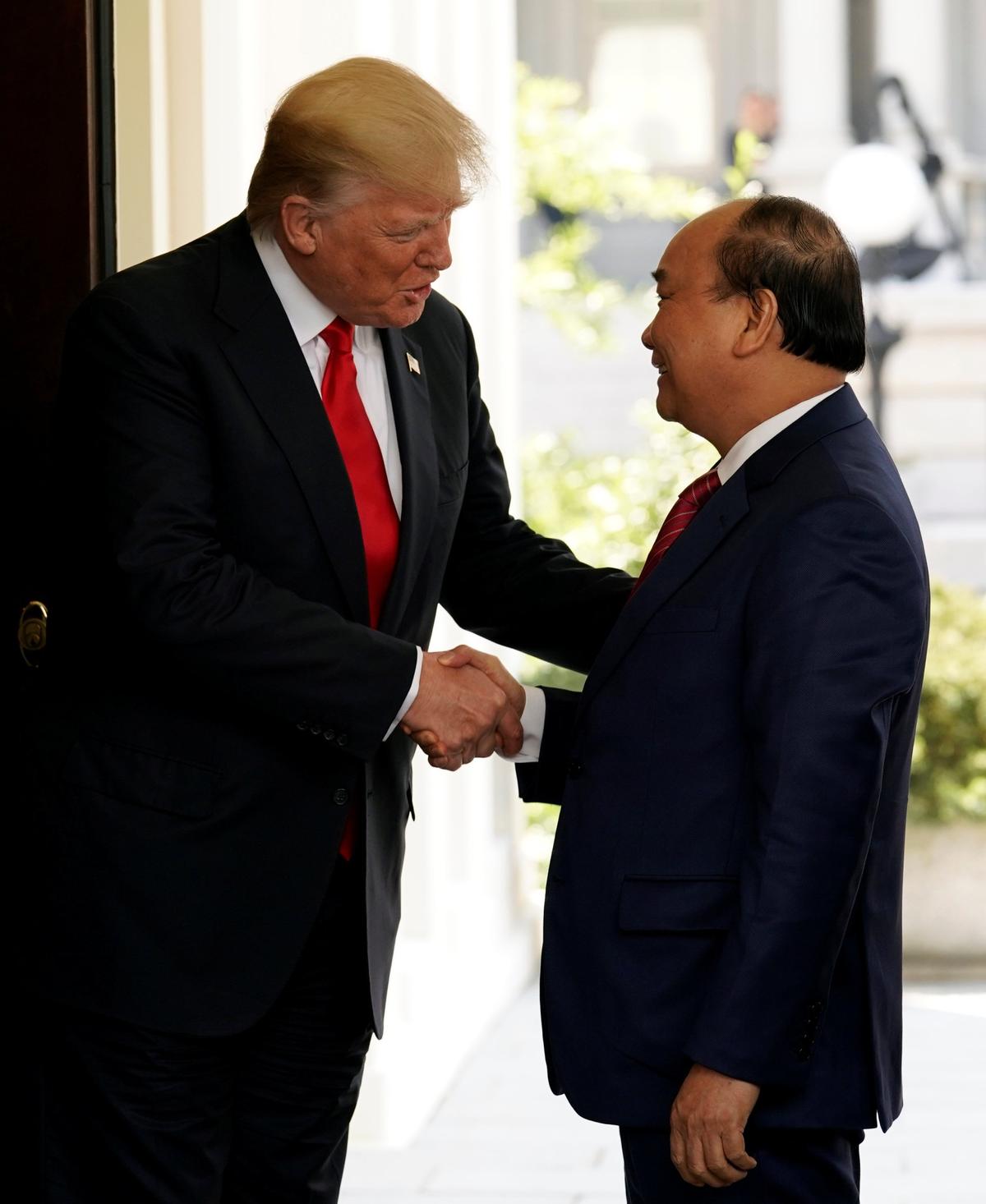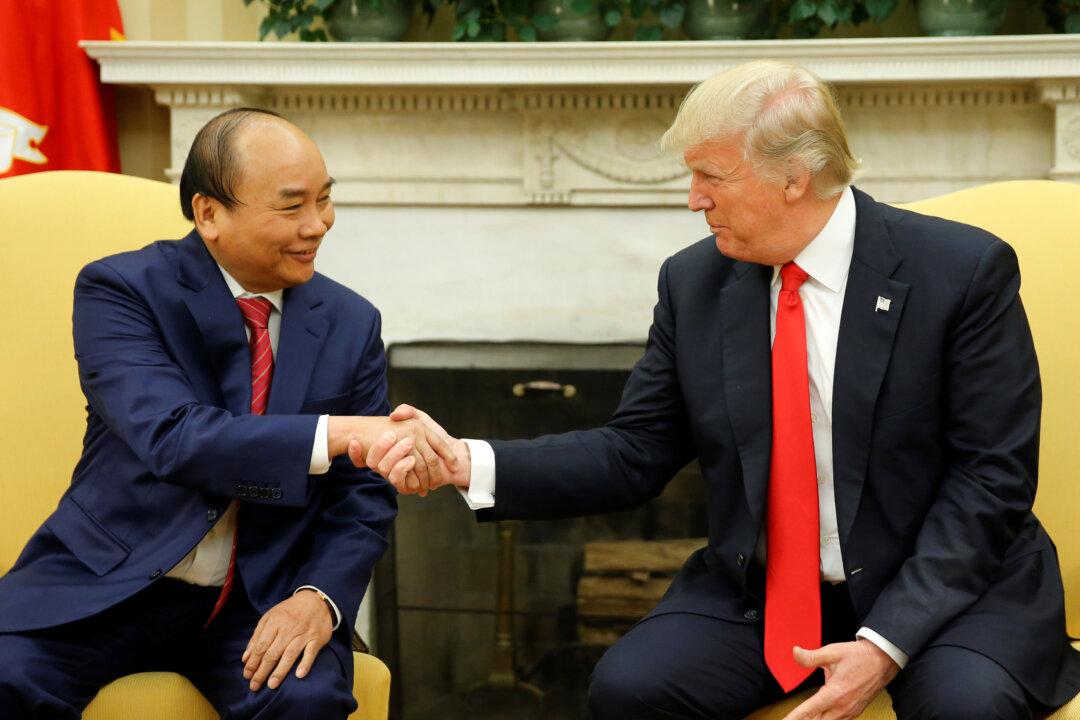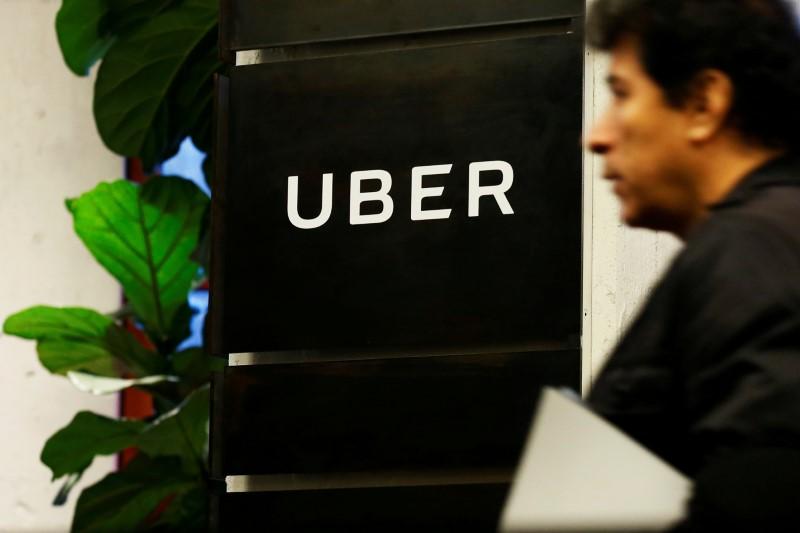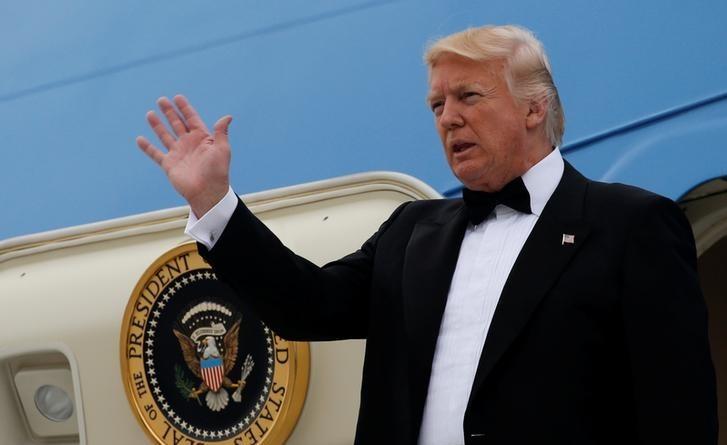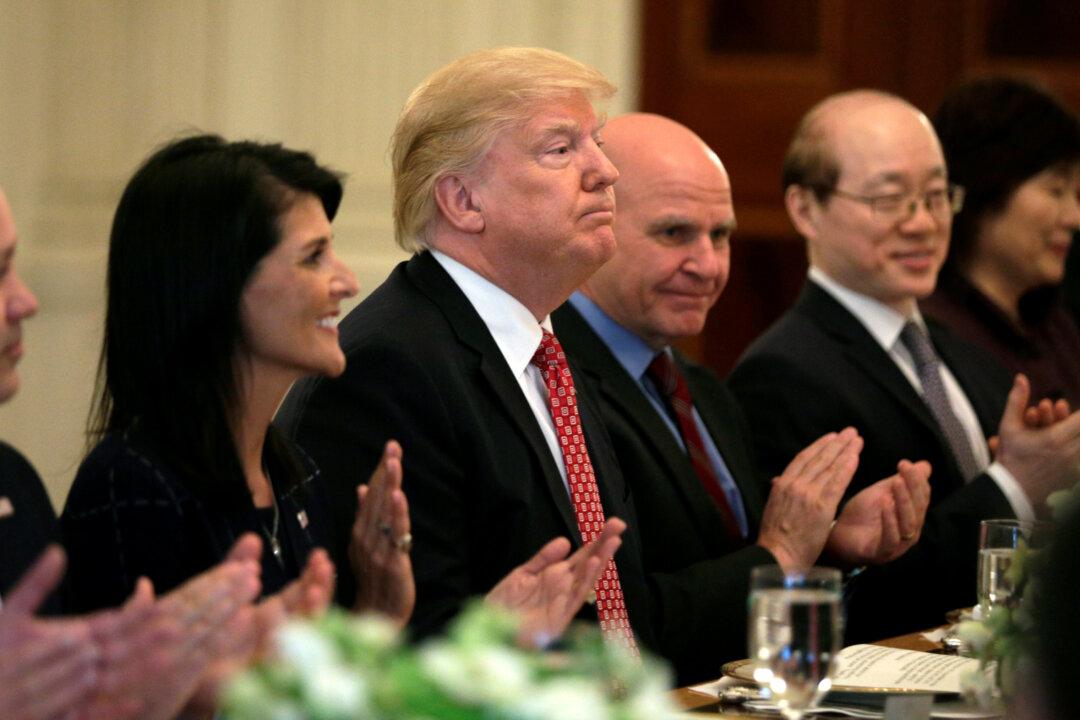WASHINGTON—President Donald Trump discussed trade with Vietnamese Prime Minister Nguyen Xuan Phuc during a White House visit on Wednesday and welcomed the signing of business deals worth billions of dollars and the jobs they would bring.
General Electric Co. said earlier it had signed deals with Vietnam worth about $5.58 billion for power generation, aircraft engines and services, its largest ever single combined sale with the country.
“They just made a very large order in the United States—and we appreciate that—for many billions of dollars, which means jobs for the United States and great, great equipment for Vietnam,” Trump told reporters at the White House.
Phuc said on Tuesday he would sign deals for U.S. goods and services worth $15 billion to $17 billion during his Washington visit, mainly for high-technology products and for services.
Communist Vietnam has gone from being a bitter adversary of the United States during the Cold War to an important partner in the Asia-Pacific, where both countries share concerns about the Chinese regime’s rising power.
Phuc told Trump the relationship had undergone “significant upheavals in history,” but that the two countries were now “comprehensive partners.”
However, while Hanoi and Washington have stepped up security cooperation in recent years, trade has become a potential irritant, with a deficit widening steadily in Vietnam’s favor, reaching $32 billion last year, compared with $7 billion a decade earlier.
